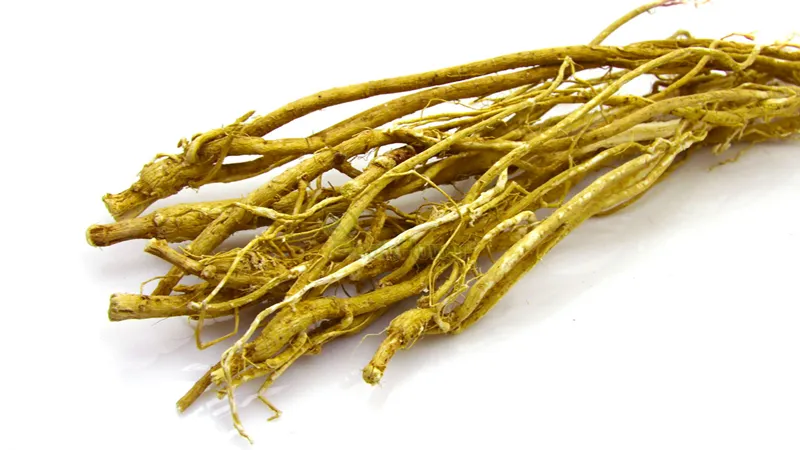
Astragalus product is derived from the roots of the plant and is native to China. In China, it is used in soups, teas, extracts and pills. In Traditional Chinese Medicine, astragalus is commonly found in mixtures with other herbs and is used in the treatment of numerous ailments including heart, liver and kidney diseases, cancer, viral infections and immune system disorders. It has been used in western countries since the 1800s.
Health Benefits of Astragalus Root
Maintain a Healthy Immune System - Astragalus is used to help maintain a healthy immune system. In some reviews of Astragalus, researchers mentioned that increased attention has been given on the plant-derived saponins in the search of Chinese medicinal herbs. Saponins are phytochemicals that are known to help fight infections. When used on humans, saponins seem to help the immune system and protect the body against viruses and bacteria.
Astragalus as a Tonic - Astragalus is used in Traditional Chinese Medicine to tonify the spleen and augment the Qi (vital energy) for spleen deficiency, lack of appetite, fatigue and diarrhea. It is also used to tonify the lungs and prevent frequent colds. Western herbalists began using astragalus as an ingredient in various tonics in the 1800s.
Other Benefits and Uses
Some evidence shows that astragalus may show symptoms of improvement in chronic heart failure. Evidence also suggests that astragalus can improve the effectiveness of conventional diabetes therapy. More research is required in this field before recommendations can be made. The gummy sap (tragacanth) from astragalus is used as a thickener in ice cream.
Safety
Astragalus when used alone and in the recommended doses, is traditionally considered to be safe. The most common side effects appear to be mild stomach upset and allergic reactions.
Common name: Astragalus, Huang qi, Milk vetch root, Mo jia huang qi
Botanical name: Astragalus membranaceus
Part of use: Root
References:
- Natural Standard: The Authority on Integrative Medicine. www.naturalstandard.com
- Health Canada Compendial Monograph
- Song X, Hu S. (2009). Adjuvant activities of saponins from traditional Chinese medicinal herbs. Vaccine. Aug 6;27(36):4883-90. Department of Veterinary Medicine, College of Animal Sciences, Zhejiang University, Hangzhou, Zhejiang 310029, China.
- Phytochemicals. http://www.phytochemicals.info/phytochemicals/saponins.php (13 April, 2011)
- Image : https://herbalhealthreview.com/astragalus-root/ | https://www.intra-lifestyle.com/